Idle time is one of the most persistent challenges in managing blue-collar workforces. When employees are underutilized or left waiting due to inefficiencies, the impact is felt in lost productivity and higher operational costs. Addressing idle time is not just about minimizing waste but also about optimizing processes and enhancing workforce morale.
Performance management systems (PMS) have emerged as game-changing tools for tackling idle time effectively. By integrating structured goal setting, real-time feedback, and advanced analytics, these systems provide actionable insights and solutions.
Understanding the Causes of Idle Time
Idle time arises from various factors, including miscommunication, equipment downtime, and poor task scheduling. Employees often find themselves waiting for instructions or materials, leading to unproductive hours that accumulate over time.
Performance management systems offer a clear picture of these inefficiencies. Through detailed tracking and reporting, managers can identify the root causes of downtime and implement measures to prevent them. This data-driven approach ensures a proactive response to recurring issues.
Defining Goals to Combat Inefficiencies
Ambiguous goals are a major contributor to wasted time. Employees without clear objectives may struggle to stay productive, leading to unintentional periods of downtime.
Using frameworks like OKRs or SMART goals, performance management helps set precise targets for employees. With clear expectations and timelines, employees know what is required, reducing ambiguity and ensuring consistent productivity.
Leveraging Real-Time Monitoring to Reduce Idle Time
The inability to address inefficiencies as they occur often prolongs idle time. Delays that could be resolved in minutes may stretch into hours without real-time intervention.
Modern PMS incorporates real-time monitoring tools that alert managers to bottlenecks or delays. Immediate feedback helps resolve issues promptly, ensuring that employees remain engaged and productive throughout their shifts.
Optimizing Task Allocation
Poor task allocation leads to uneven workloads and prolonged idle periods. Employees may wait for new assignments or be left with tasks misaligned with their skills.
Performance management systems automate task scheduling, matching assignments to employee capabilities and availability. This ensures an even distribution of tasks, keeping all employees engaged and minimizing downtime.
Addressing Skill Gaps with Training Programs
Untrained employees often experience delays when handling unfamiliar tasks, leading to higher idle time as they wait for assistance or clarification.
PMS identifies skill gaps and recommends targeted training programs. By empowering employees with the necessary skills, organizations reduce dependencies and ensure that employees can handle diverse tasks efficiently.
Preventing Idle Time Through Predictive Maintenance
Equipment failures are a common cause of idle time in blue-collar industries. Reactive maintenance often leads to prolonged disruptions, affecting both operations and employee productivity.
Performance management systems incorporate predictive maintenance capabilities, using data to anticipate machinery issues. Proactive scheduling of repairs reduces unexpected downtime and keeps employees consistently engaged.
Fostering Accountability Through Performance Metrics
A lack of accountability often allows idle time to persist unchecked. Employees may feel disconnected from their responsibilities, leading to decreased engagement.
PMS instills accountability by tracking individual performance metrics and providing visibility into progress. Employees are motivated to stay productive when they can see how their efforts contribute to team and organizational goals.
Enhancing Collaboration for Seamless Operations
Collaboration gaps are another common reason for idle time. Employees may experience delays when waiting for input or assistance from colleagues.
Performance management facilitates better communication through centralized platforms. By providing real-time updates on tasks and progress, PMS ensures smoother collaboration and minimizes dependencies that lead to delays.
Enabling Continuous Improvement Through Analytics
Idle time is not a one-time issue but an ongoing challenge that evolves with changing dynamics. Businesses need a mechanism to adapt and improve continuously.
PMS provides actionable insights through analytics, enabling managers to monitor trends and test strategies for reducing downtime. This iterative approach ensures sustained efficiency and adaptability in blue-collar operations.
Conclusion: Turning Idle Time into Opportunity
Idle time is not just wasted time, it represents missed opportunities for growth and efficiency. Performance management systems provide the tools needed to identify, address, and prevent downtime effectively.
By fostering accountability, improving task allocation, and leveraging predictive technologies, organizations can unlock the full potential of their blue-collar workforce. The result is a more productive team, reduced costs, and a competitive advantage in an increasingly demanding market.
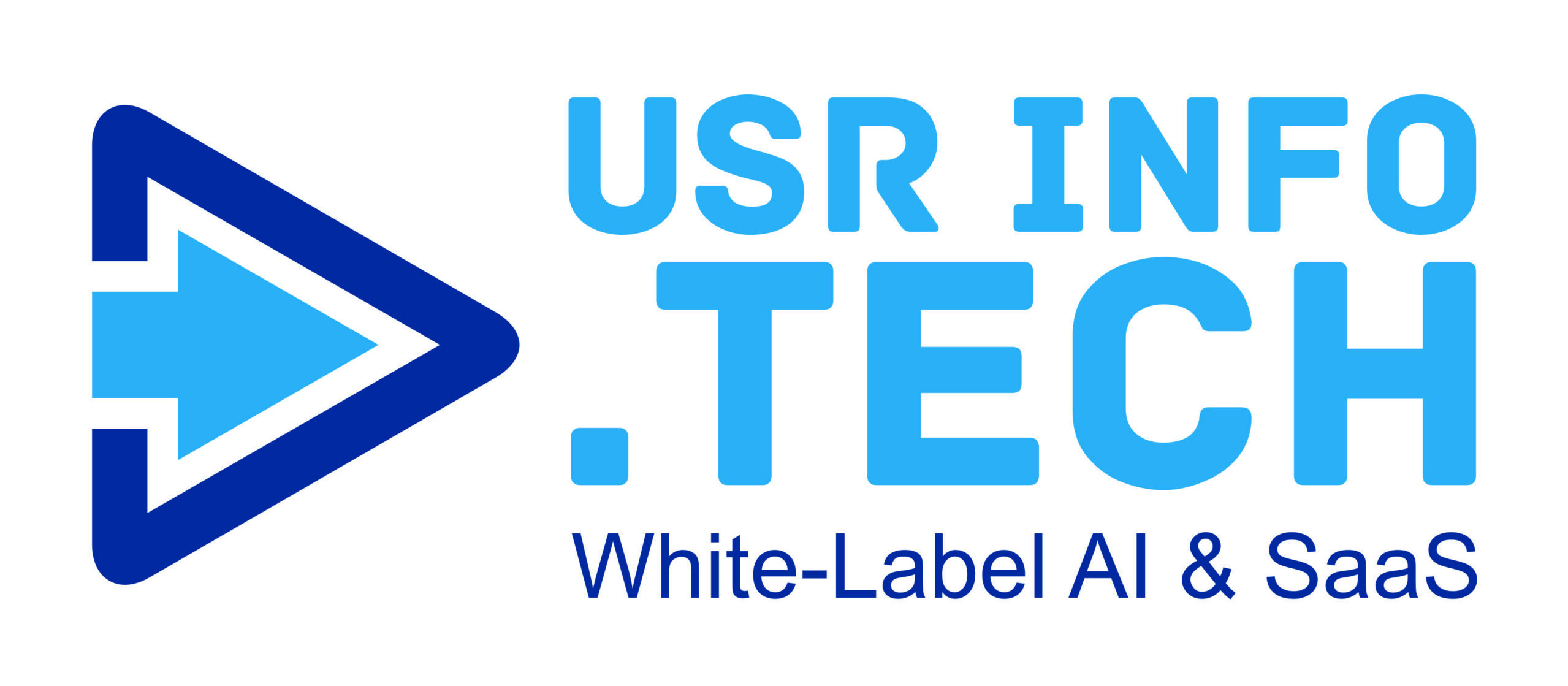



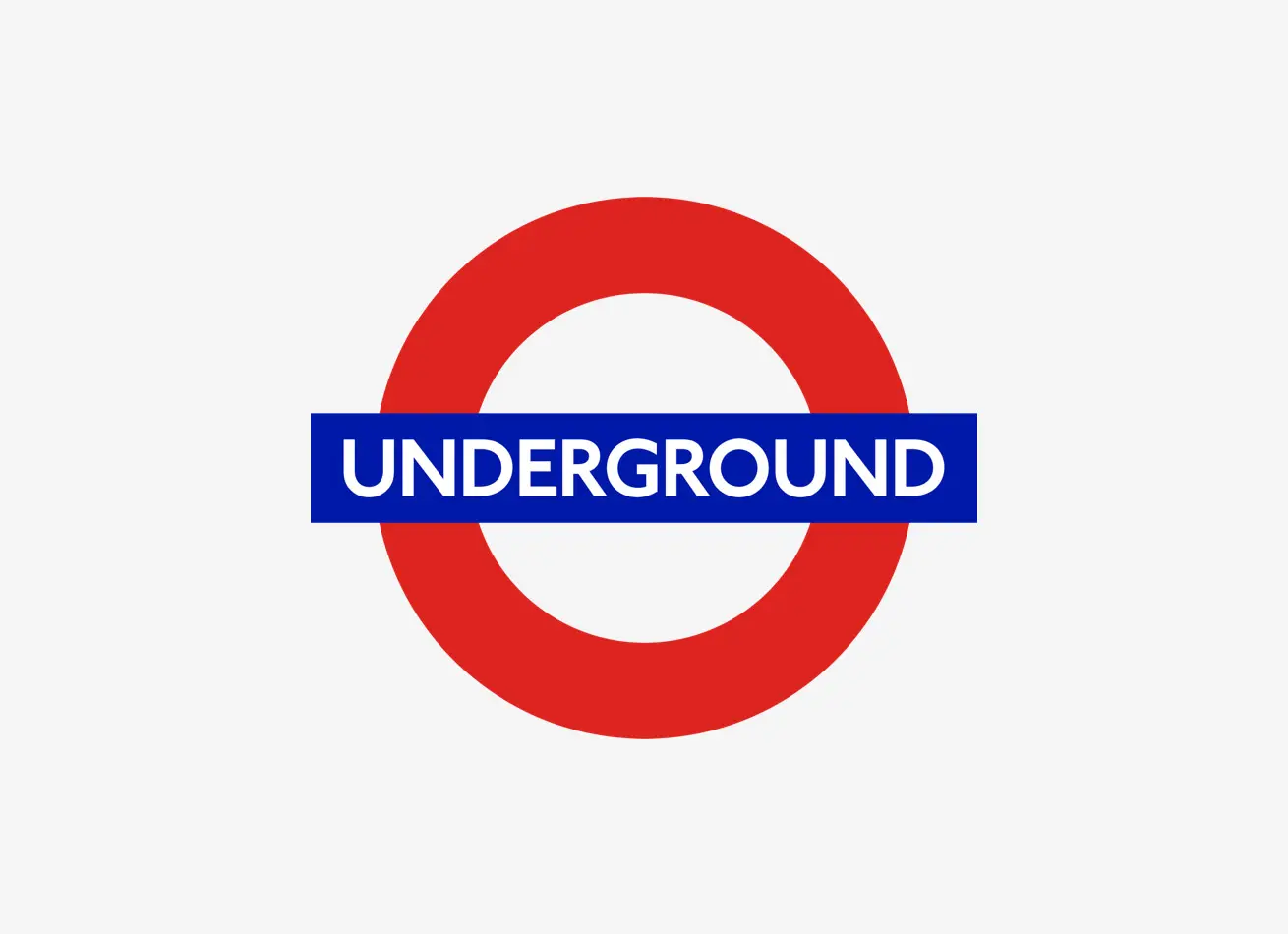
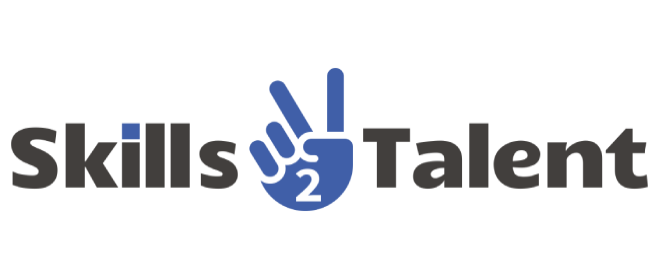
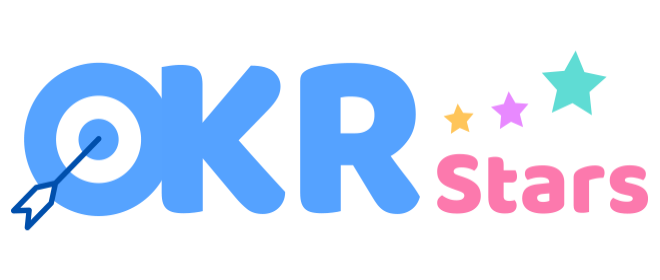
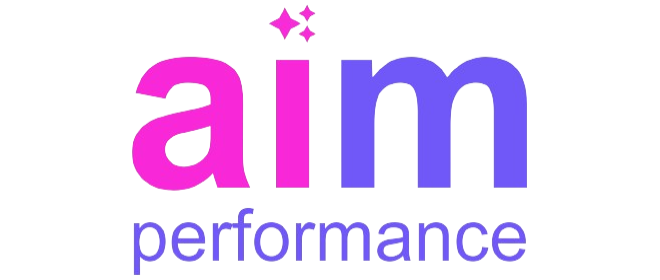



Companies often neglect to have written standards and policies around their cybersecurity. Why? Because dozens of them are usually needed, covering everything from equipment management to backup procedures, admin credentialing, remote work policies, and so much more. But it’s well worth the effort.